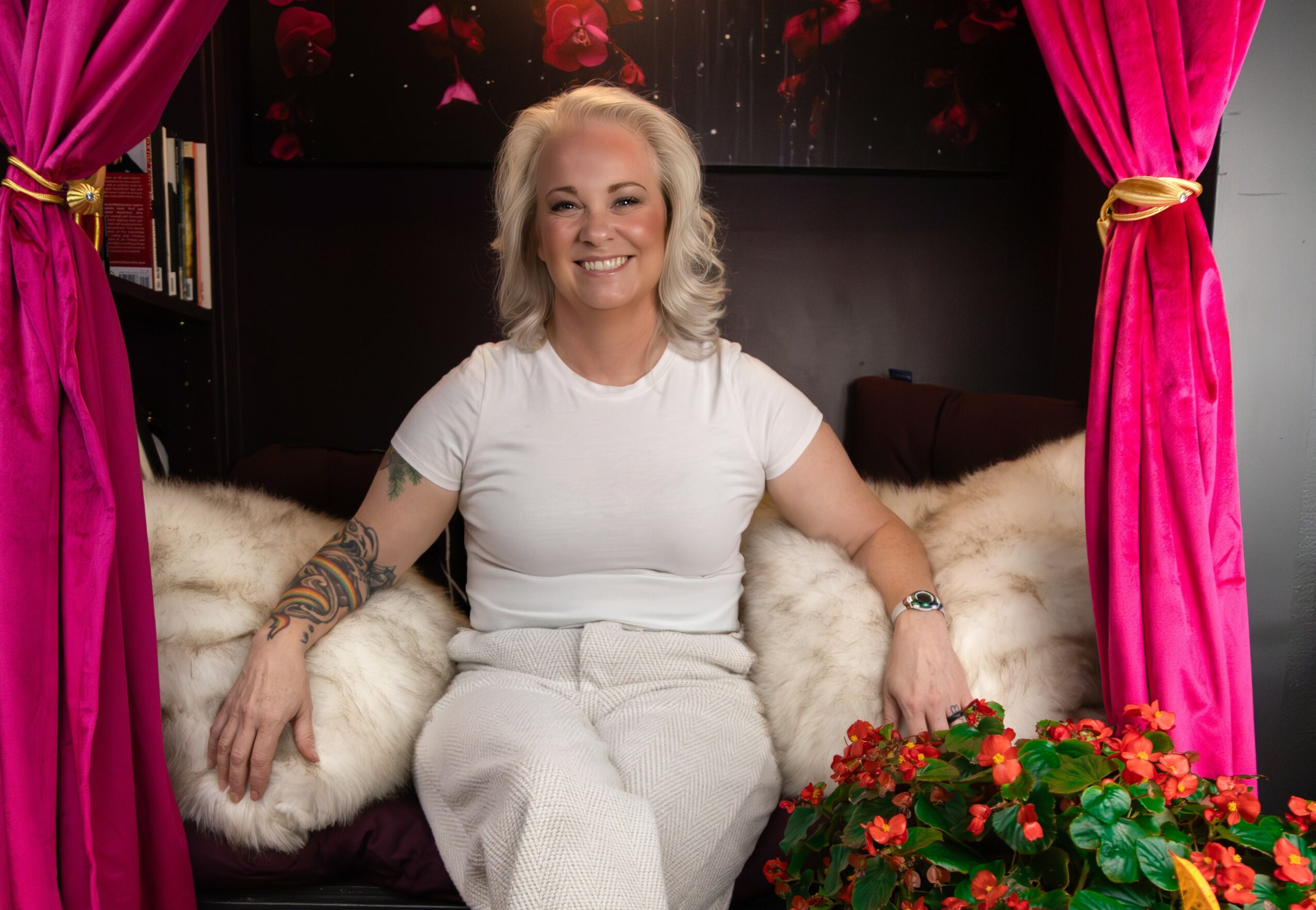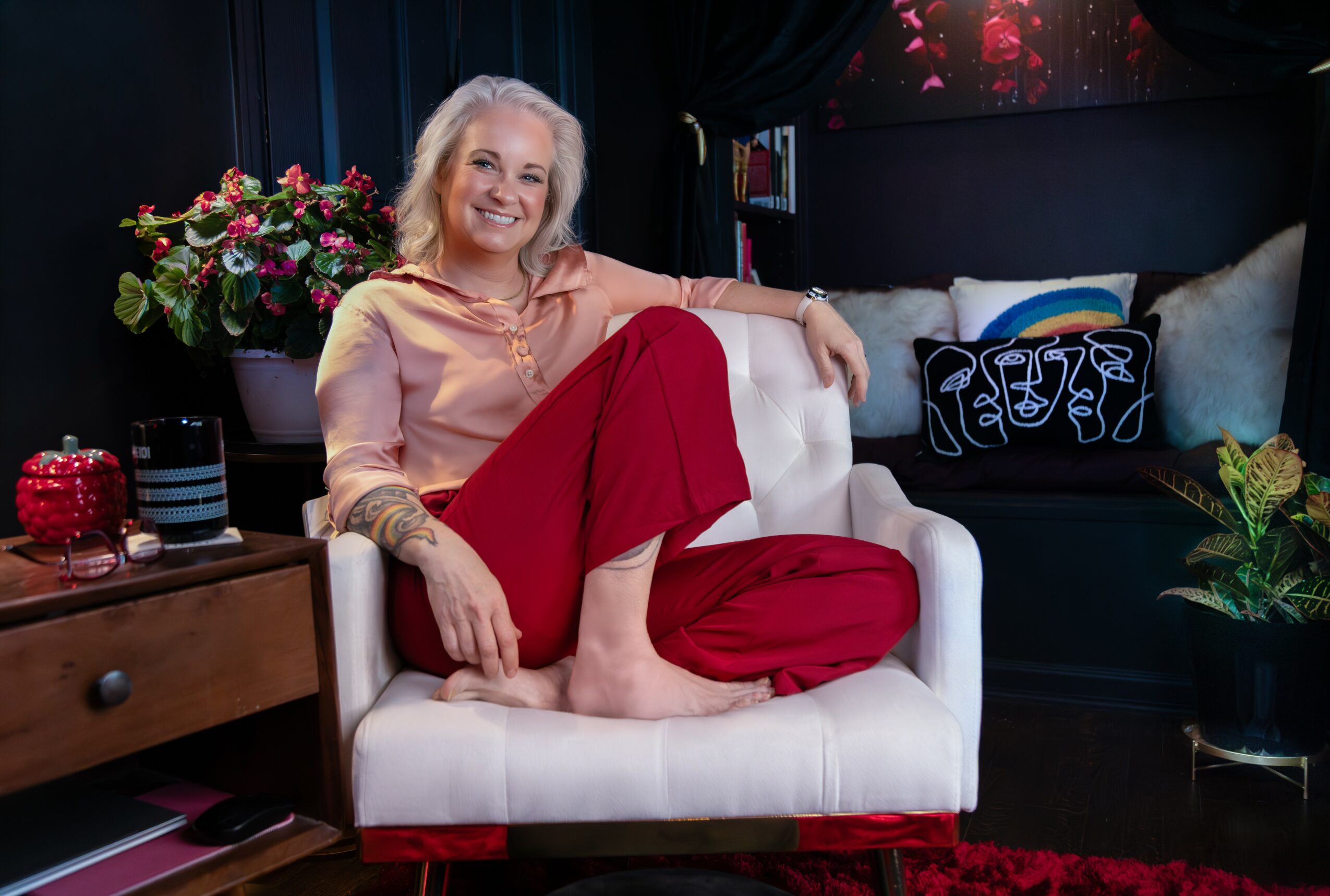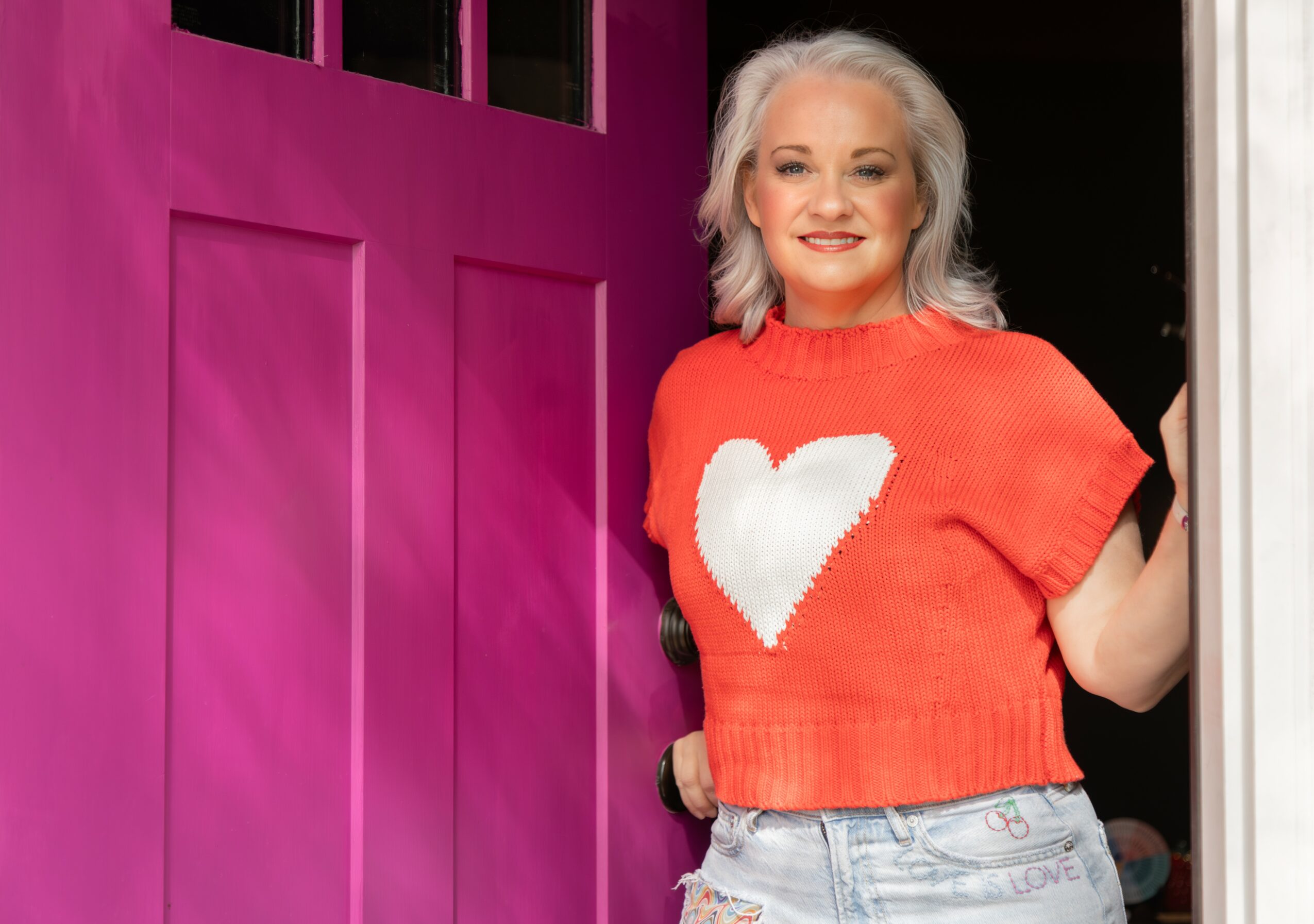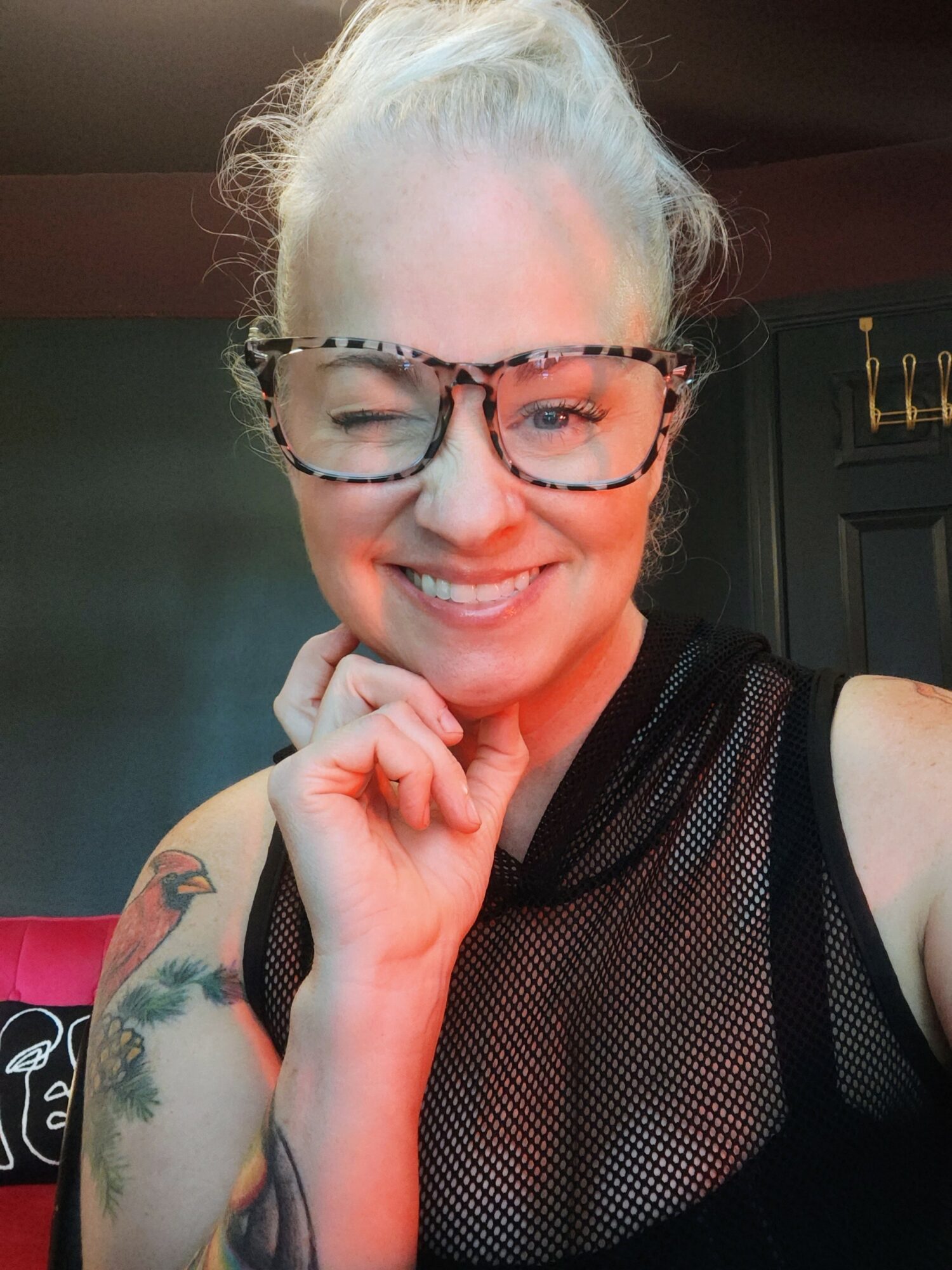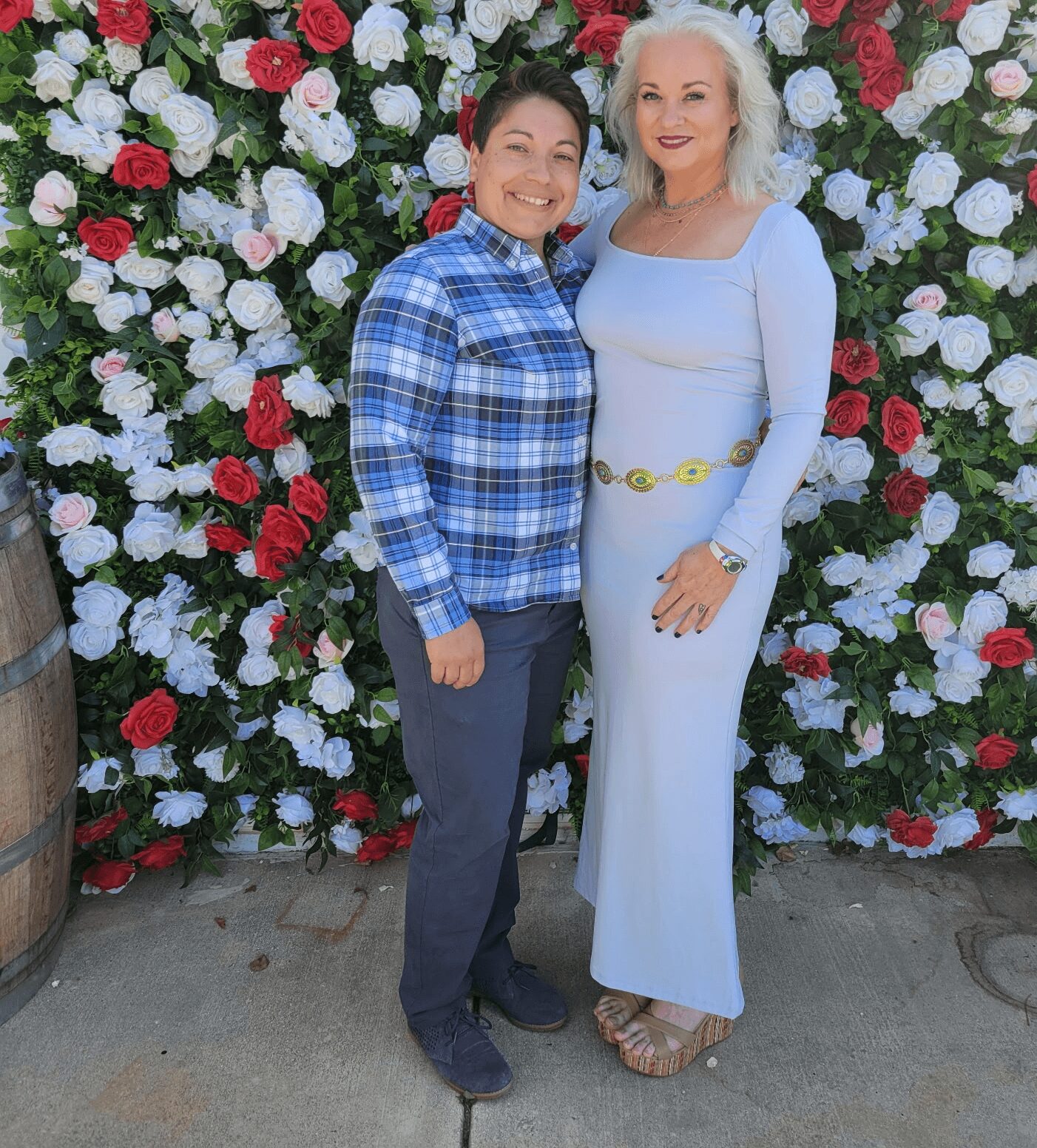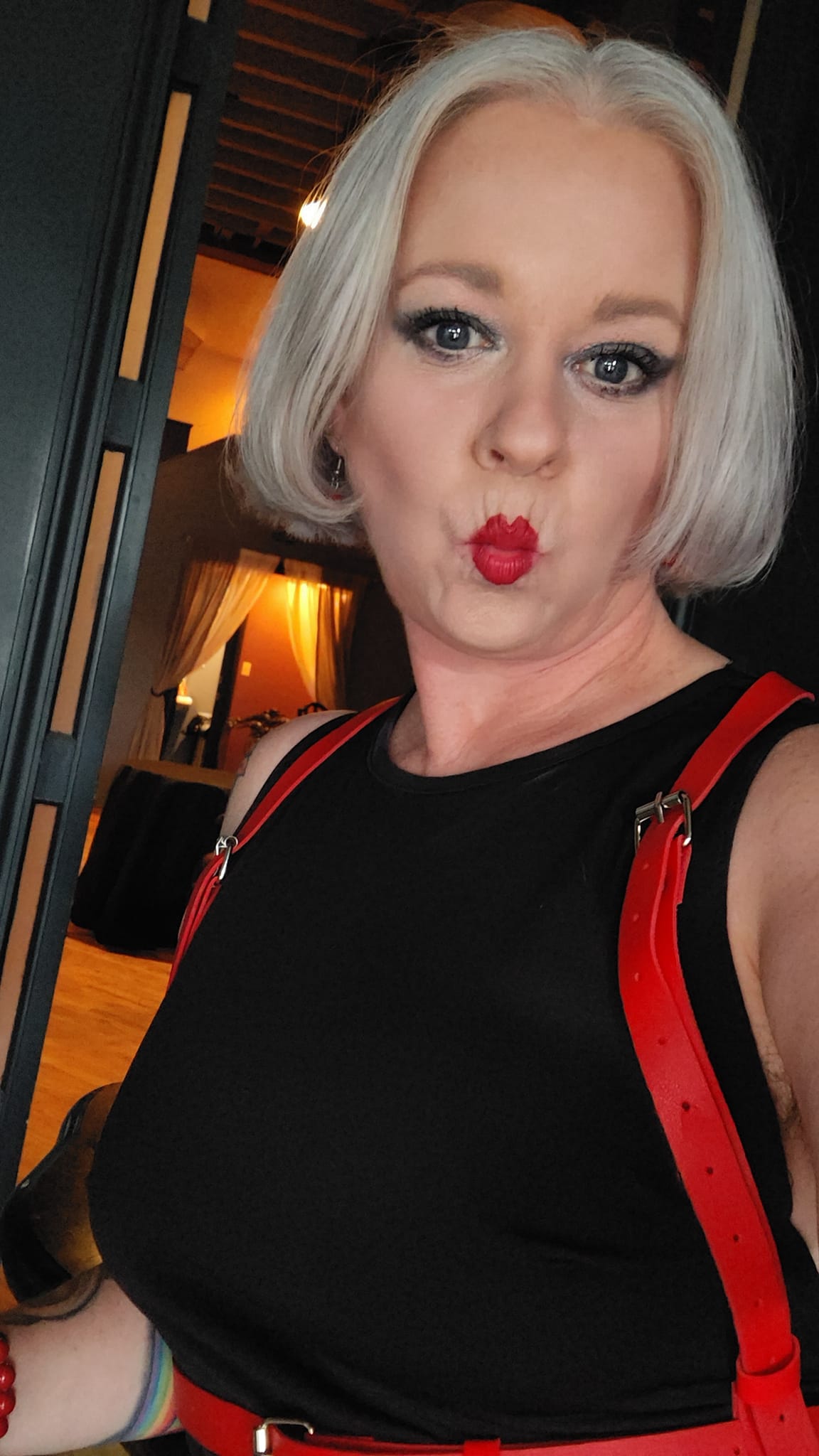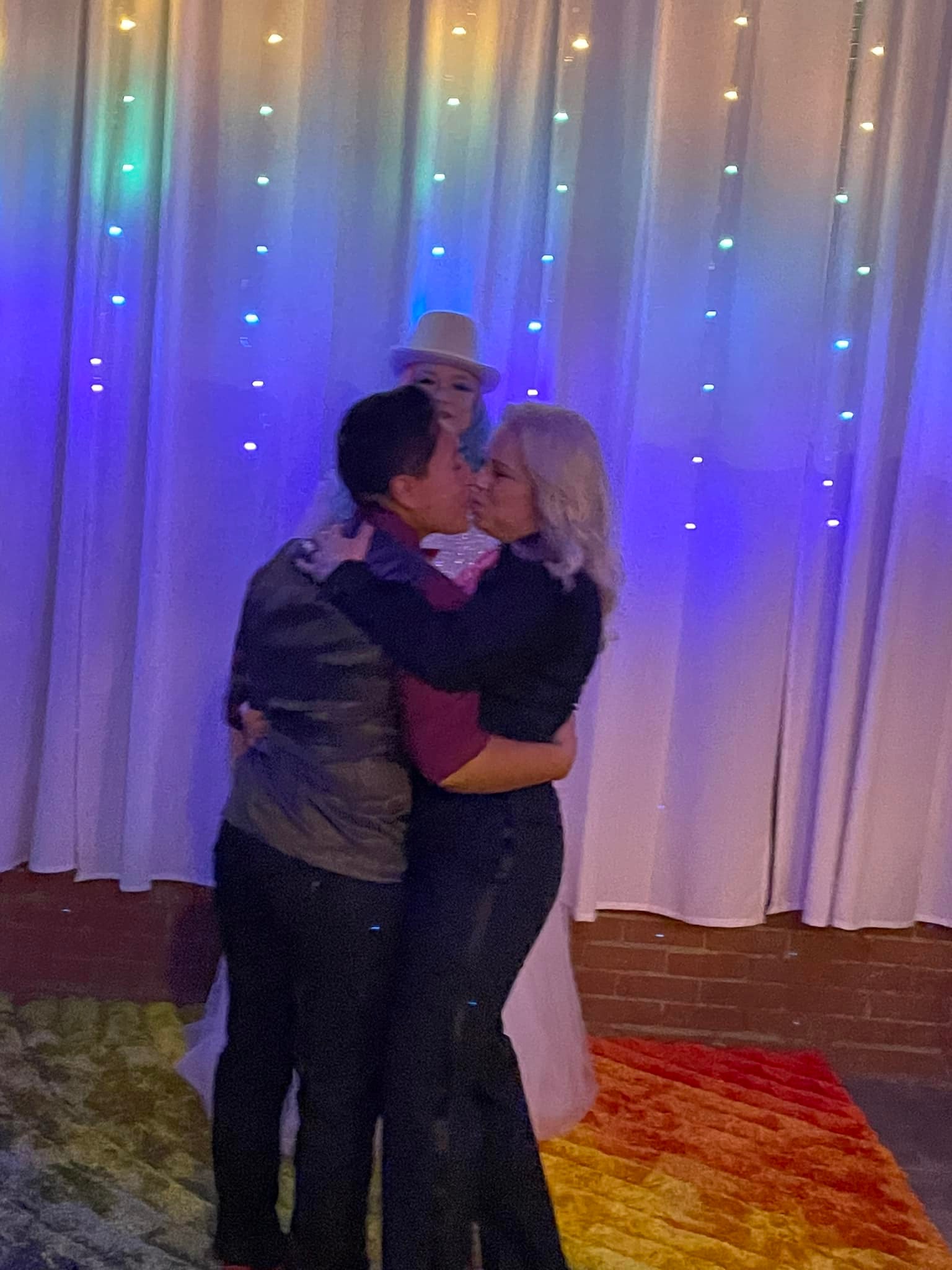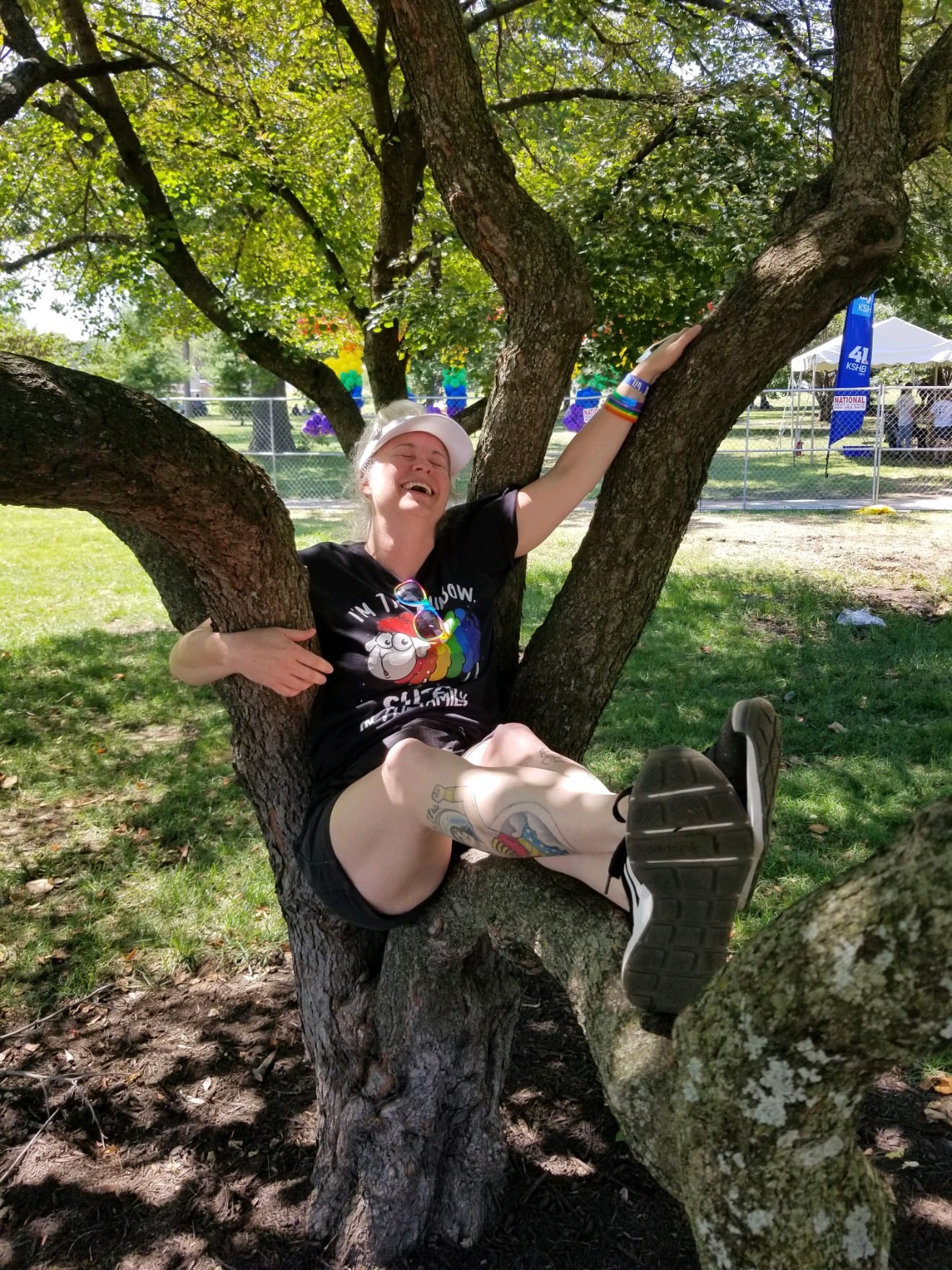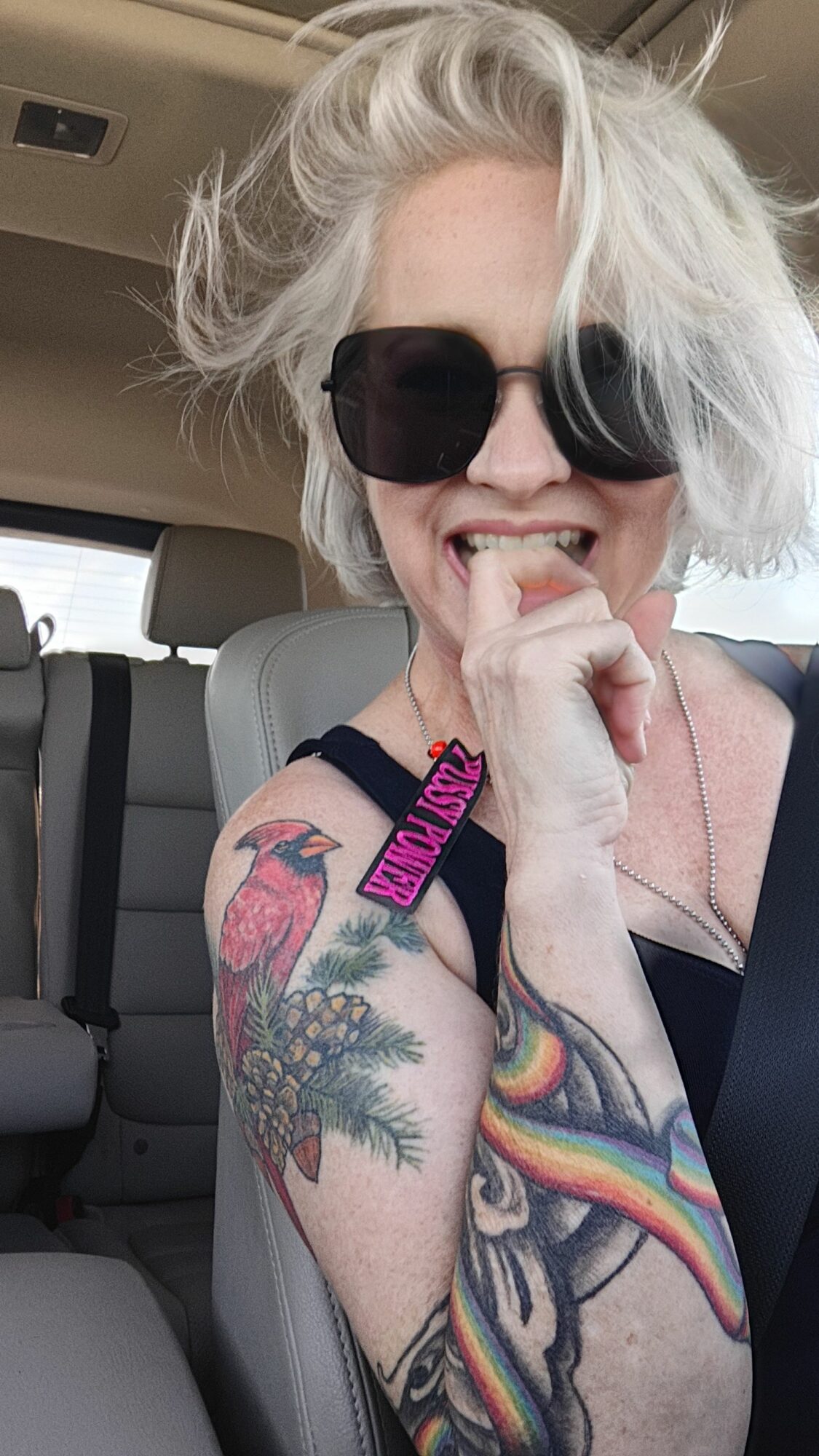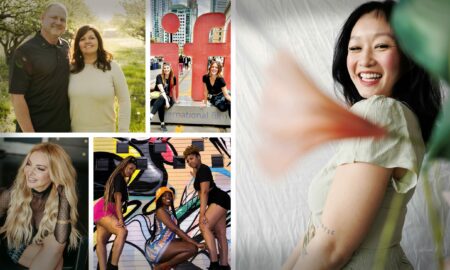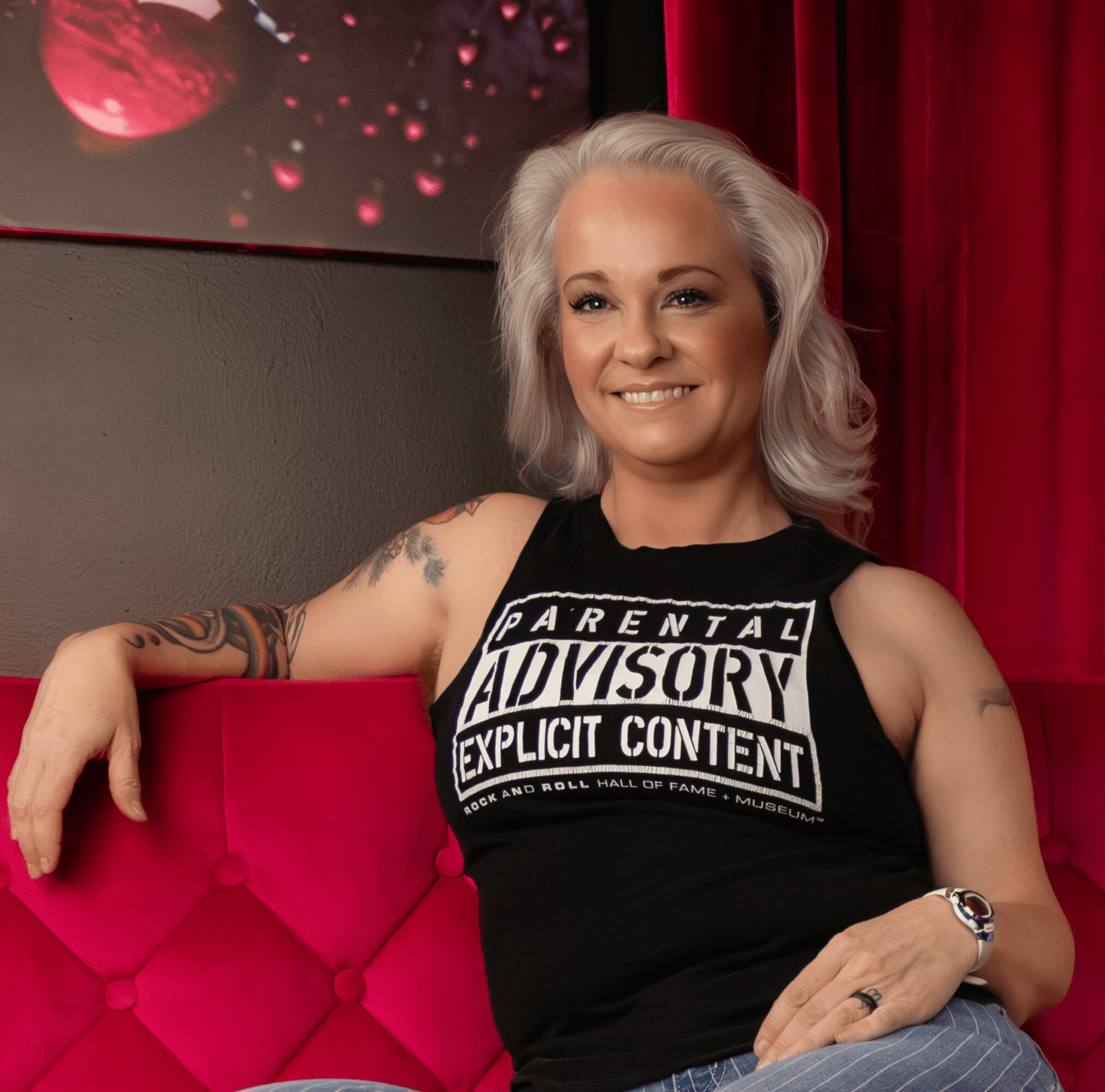

Today we’d like to introduce you to Heidi Oh.
Hi Heidi, it’s an honor to have you on the platform. Thanks for taking the time to share your story with us – to start maybe you can share some of your backstory with our readers?
I started my career back in 2004 as a labor and postpartum doula. Eventually, I opened Kansas City’s first doula agency. I loved supporting families through birth — especially watching women move from fear to empowerment. Helping someone learn to trust their body, advocate for themselves, and discover strength they didn’t even know they had was powerful. I wasn’t just supporting one person; I was witnessing families being born and bonds being built in the most intimate moments of their lives.
That love for empowerment led me to train doulas all over the world. Watching women launch their own businesses and change their communities was just as rewarding as the birth work itself. But after years of travel, long hours, and being on call, I burned out. I stepped away and ended up in corporate America — and quickly realized I was deeply unhappy. One day, completely exhausted, I called my wife for support. She said, “Quit. We’ll figure out the rest.” So I did. And the rush of relief was immediate.
When I finally slowed down, years of stored stress and unprocessed emotion caught up with me. I developed trigeminal neuralgia — often described as one of the most painful chronic conditions there is. For me, it was entirely stress and trauma driven. I was also living with two other chronic illnesses. My body had been carrying the weight of everything I’d pushed down for years, and it finally demanded to be heard.
That period changed everything for me. I leaned into somatic work — at first for my own healing — and began to understand how much our emotional experiences live in our bodies. This work didn’t just help me manage pain; it became a cornerstone of my recovery and the foundation for the next chapter of my life.
During therapy, my therapist asked me a simple but life-changing question: “What did you want to be when you were a kid?” I didn’t hesitate — I’d always wanted to be a sex therapist. As a young girl, I watched Dr. Ruth on Phil Donahue’s show and was mesmerized. It wasn’t the sex talk that fascinated me — it was how she lit women up. In just a couple of minutes, she could shift their shame into confidence and give them permission to own their pleasure. I wanted to do that.
Years later, my therapist suggested sex coaching, given my background in attunement, intimacy, and touch as a doula. I started searching and found the Somatica Institute in San Francisco. Every word on their website felt like it had been pulled from my own heart. I dove in headfirst.
Through Somatica, I discovered a modality that blends embodiment, connection, desire, and de-shaming sexuality. I went on to add more education and was accepted into Peter Levine’s Somatic Experiencing® program — a trauma healing and nervous system regulation approach typically reserved for licensed therapists. With nearly two decades of body-based work behind me, I was honored to be accepted.
Today, I work in private practice with individuals and couples, helping people reconnect with their bodies, sensations, and emotions. I get to show up as my full self, model secure and healthy connection, and support people as they release shame and reclaim their power and pleasure. Somatic work heals, completely.
This work is everything I ever hoped for — deeply human, creative, intimate, and endlessly meaningful.
Would you say it’s been a smooth road, and if not what are some of the biggest challenges you’ve faced along the way?
No, it definitely hasn’t been a smooth road. My journey has had some incredible highs — but also some really tough, painful lows.
When I first branched out as a doula and opened an agency, I faced a lot of criticism and even ostracism from my own community. For decades, doulas had worked in a certain way, and what I did was different. I wanted to create more jobs and support doulas who didn’t want to run their own businesses, while also expanding how many families we could serve. I also wanted to elevate the profession itself — to make it something doulas could do sustainably and be paid fairly for. Historically, many doulas were unpaid or severely underpaid, which meant only privileged white women could afford to stay in the work long term.
My model disrupted that. And when you disrupt an industry, not everyone is ready for it. I often felt like I was swimming against the current. That kind of constant resistance wears you down. Eventually, it did. I followed the lead of a mentor who didn’t have my best interests at heart, and things spiraled. Being a leader is hard. Being a leader of a movement that not everyone around you supports philosophically — that’s exhausting. It broke me down.
Stepping into corporate America was even worse. I worked in an all-male department and, after coming out as a gay woman, things changed quickly. I was already treated differently, but after that, there was no winning. I was sabotaged in ways that were humiliating and cruel. A manager even conspired with our shared assistant to alter my reports, and suddenly, I was the laughingstock of the department. No matter how hard I tried to turn things around, I was being set up behind the scenes.
That level of stress sent my nervous system into complete overload. I developed trigeminal neuralgia — an excruciating chronic pain condition — along with PTSD. The pain was so severe I couldn’t eat, drink, or talk. I had to quit my job. When I came home, my body just shut down. I spent months in bed, unable to open my eyes or lift my head. Around that time, I was also diagnosed with a progressive brittle bone disease that caused rapid weight loss and required me to use a cane. It was terrifying. In that same time frame as I was getting the physical diagnoses, I was also given the diagnosis of Autism and had come out to the world as a gay women at the age of 45.
This is where my healing really began. I found meditation and started learning about how pain is processed in the brain and stored in the body. I learned that emotions don’t just disappear — they live in us. And the only way to move them is to actually feel them, in the body. I couldn’t think my way out of pain. I had to feel my way through it.
Somatic work changed everything. Bit by bit, I climbed out of that dark place. I learned to listen to my body, to trust its signals, and to let my emotions move through me instead of living inside me like poison. This is the same work I guide my clients through today — not as some abstract theory, but because I’ve lived it.
It hasn’t been smooth. But every hard turn in the road is part of why I do this work with such depth and passion now.
We’ve been impressed with Heidi Oh Coaching, but for folks who might not be as familiar, what can you share with them about what you do and what sets you apart from others?
I’m a board-certified Somatic Sexologist and the only practitioner in Kansas City offering the specific combination of Somatica Method coaching and Somatic Experiencing® trauma resolution. My work sits at the intersection of sexuality, intimacy, nervous system regulation, and trauma healing — and it’s unlike anything else out there.
What makes my practice different is that I don’t just talk about change; I help people feel it in their bodies. Everything I do is rooted in a somatic (body-first) approach. Instead of focusing only on thoughts or analysis, I help clients reconnect with their bodies, map where emotions live, and gently release the old stress, fear, and trauma that keep them stuck. When we learn to listen to the messages our bodies send us, real transformation begins.
The Somatica Method is a science-backed, experiential model that focuses on building emotional and erotic intimacy through real-time, guided interaction. We practice everything — boundaries, communication, sensuality, connection, and empathy — in the moment, rather than just talking about how it should look. I use tools like embodied empathy, two-way relating, and nervous system regulation to help people create real intimacy with themselves and others.
At the core of my philosophy is this:
✨ Pleasure is healing.
When we’re in a state of pleasure — whether that’s sexual pleasure, the joy of a warm sweater, or the peace of sitting on a beach — our nervous systems are open, receptive, and ready for growth. That’s when we’re most able to accept ourselves and the people we love. So much of my work involves de-shaming desire and pleasure, teaching people that their turn-ons, preferences, and needs aren’t wrong — they’re human.
I also work with clients living with PTSD and chronic stress. Using Somatic Experiencing®, I help them gently unwind fight, flight, or freeze patterns stored in the nervous system. We practice sensing the body, noticing activation, and learning how to regulate. Over time, this builds resilience, safety, and confidence.
In my practice, we move slowly, intentionally, and compassionately. I give direct, honest, and empathetic feedback to help clients learn attunement, boundary-setting, communication, and trust — not just in their relationships, but in themselves. Touch is a part of my work too, but not erotic touch. I help clients feel what it’s like to be in connection with their bodies, to get out of their heads and back into their lived experience, whether that’s during intimacy, hard conversations, or everyday life.
I offer individual and couples coaching, as well as group workshops and classes on sex education, communication skills, and relationship intimacy. I have also done public speaking events at local KC events such as KC Pride Festival, The Nelson-Atkins art museum, Kansas NOW conferences, What I’m most proud of is that my work meets people where they are — with no shame, no judgment, and a lot of heart. I am a member of the LGBT community and I am autistic which gives me a unique and gifted aspect on others. I am incredibly intuitive when it comes to emotions, feeling empathy with my clients but not taking it on as my own. I am a creative, an artist- and the somatic modality in trauma and healing for me is no different. It allows me to follow my own instincts rather than have to stick to a specific outline with pre-determined goals and markers.
My brand is about authenticity, embodiment, pleasure, and freedom. I want people to know that no matter what they’ve experienced, it’s possible to reconnect with their bodies, their pleasure, and their capacity for deep, meaningful connection.
How do you define success?
Success is such a personal, subjective thing. For me, it isn’t about accolades, money, or status — it’s about impact. I’ve always held this quiet belief that when we’re forgotten, it’s almost as if we never existed. If no one remembers us, tells our stories, or carries pieces of us forward, then our time here fades. But through the memories we leave, the stories people tell, and the ways we’ve touched their lives, we can live on long after we’re gone.
That’s why leaving an impact matters to me so deeply. I don’t want to be forgotten — not because I crave recognition, but because I want to have mattered. I want people to feel better about themselves after having met me, whether that’s in a coaching session, at a workshop, or just in passing at a coffee shop or airport.
Part of that legacy is about who I am, not just what I do. If I want to be remembered, I want it to be for showing up as my most authentic self — with integrity. So if I were to measure success while I’m still here, it would come down to a few simple questions:
Did I show up as me?
Did I do the right thing?
Did I follow through on what I said I would?
For me, success isn’t about how loud your name echoes — it’s about the feeling you leave behind. It’s about being remembered for kindness, honesty, and presence. If, after I’m gone, someone says, “She made me feel seen. She made me feel like I mattered,” then I’ve succeeded.
Contact Info:
- Website: https://heidioh.com
- Facebook: https://web.facebook.com/HeidiOhCoaching/
